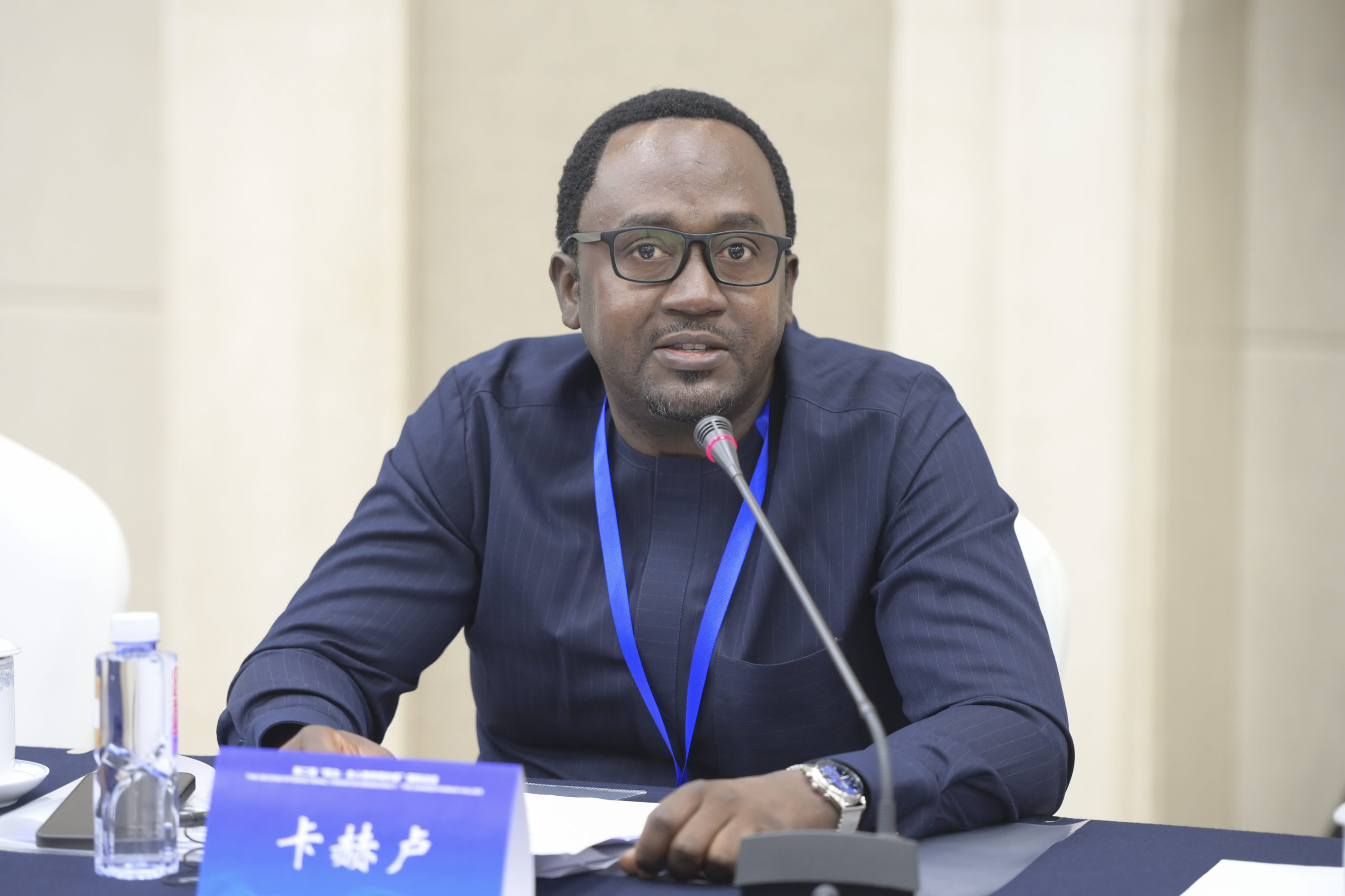By Crispin Kaheru
I would like to express our gratitude to Africa Freedom for Information Centre (AFIC) for hosting this event, marking the International Day for Universal Access to Information.
The significance of access to information, along with the challenges associated with navigating the digital space, cannot be overstated in today’s ever-changing world.
At the international level, the right to access information is firmly established by Article 19 of the Universal Declaration of Human Rights (UDHR) and Article 19 of the International Covenant on Civil and Political Rights (ICCPR).
In this era of digital transformation, the internet has emerged as an indispensable tool, serving as a gateway to knowledge, a communication platform, and a catalyst for socio-economic progress. It is crucial to recognise the pivotal role that the online space plays in advancing socio-economic transformation.
According to DataReportal, Uganda currently has 11.77 million internet users, representing 24.6% of the total population. These statistics should be viewed in the context of the government’s commitment to fully digitise Uganda.
The Ministry of Information Communication Technology (ICT), along with agencies like the Uganda Communications Commission (UCC) and the Government Citizen Interaction Centre (GCIC), underscores the growing awareness that citizens must exercise their right to information as enshrined in Article 41 of the Constitution of the Republic of Uganda.
However, while the commitment to ensuring universal access to online spaces exists, several challenges persist, particularly in our unique environment.
The COVID-19 pandemic underscored these challenges, with children in rural areas unable to continue their education, while some urban children transitioned to online classes.
The cost of internet access also posed a significant barrier for many. Therefore, as we advocate for universal access to information, we must address the underlying challenges, such as poverty, inequalities affecting vulnerable groups like persons with disabilities and girls, as well as access to electricity, among other development challenges.
A robust online infrastructure is not a luxury; it is a necessity for our collective well-being.
While online access opens doors to economic and social opportunities, it also places greater responsibilities on us as stakeholders.
Anyone with internet access can now receive information on any topic at any time through various social media platforms, including Twitter, Facebook, WhatsApp, Instagram, Snapchat, and the web. Artificial intelligence (AI) has elevated access to information to new heights.
The online sphere offers diverse perspectives through virtual interactions with individuals from various fields.
It has created opportunities for entrepreneurship, job creation, and financial inclusion. E-commerce, freelance work, and online education have become viable livelihood options, especially for the youth, contributing not only to individual well-being but also to the overall economic development of our communities.
Online spaces continue to play a pivotal role in promoting civic engagement and holding leaders accountable.
Social media and online platforms empower citizens to voice their opinions, advocate for change, and demand transparency from the government.
However, we must also address the challenges of the digital era, including misinformation, digital security, and access disparities:
Children are particularly vulnerable to inappropriate online content.
Hate speech thrives in the anonymity of the internet.
Cyberbullying can lead to mental health challenges.
Fake news, misinformation, and disinformation have the power to poison minds, divide communities, and incite real-world violence.
In light of these complexities, education and media literacy are fundamental in our battle against online intricacies.
These elements should be integrated into our educational systems, both at home and at school.
By doing so, we equip young people with the tools to critically evaluate online content, discern reliable sources from unreliable ones, and understand the consequences of hate speech.
This approach nurtures a generation of responsible digital citizens and helps mitigate the spread of hatred and cybercrime.
We must engage our communities in open and honest dialogues continually. Building bridges and fostering understanding among diverse groups is vital.
Government, civil society organisations, cultural and religious leaders should facilitate discussions to address grievances and misunderstandings.
When people feel heard and respected, they are less likely to resort to hate speech or engage in cybercrime out of frustration or fear.
As the saying goes, “Information is power.” Without information, there is darkness. A society in the dark cannot decide its path because it cannot see.
The internet has democratized access to information, making it more accessible than ever before.
It is our collective responsibility to bridge the current digital divide. Every Ugandan should have equitable access to the internet.
Together, we can build a digital landscape characterized by tolerance, respect, and unity.
Although the journey may not be easy, it is one we must undertake to ensure that the online world we pass to future generations reflects truth, empathy, and the cherished African values we hold dear.
For God and My Country.
Kaheru is a Commissioner, Uganda Human Rights Commission

